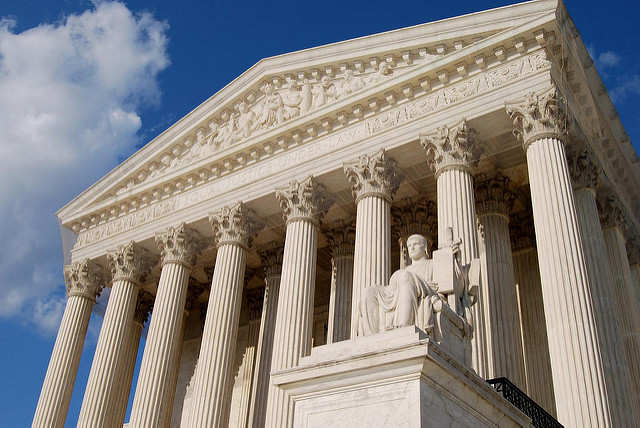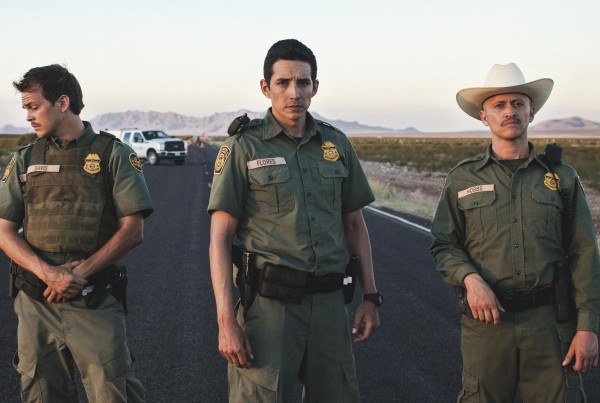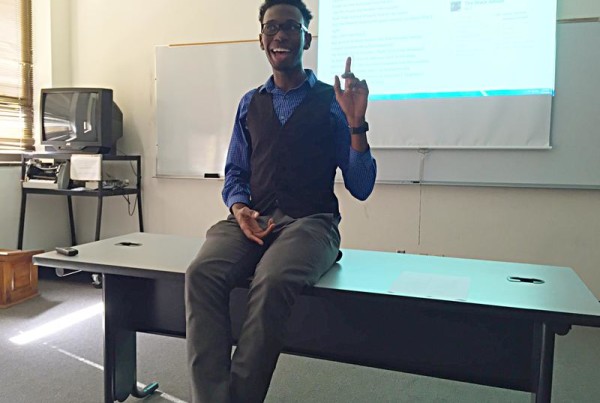President Obama made good Wednesday on his promise to nominate a Supreme Court Justice to fill the vacancy left by Antonin Scalia. Obama stressed that in doing so he was fulfilling his constitutional duty and hoped members of the U.S. Senate will do theirs.
Republicans, the court’s majority, have repeatedly said they won’t hold confirmation hearings till a new President is elected in November. But politics aside, we wanted to hear more about the nominee, Merrick Garland, the current chief judge for the Washington, D.C. appeals court.
Jennifer Collins is Dean and Professor at Southern Methodist University’s Dedman School of Law. She met Garland in her early days as a lawyer in Washington, D.C. Collins was fresh out of law school when she met Garland, who by that point was a well-respected attorney at another law firm. Collins says that despite her being a relative newcomer, Garland was helpful and respectful.
“One thing that was remarkable to me is that many partners at law firms don’t even know their own associates names, let alone take the time to get to know an associate at another firm,” Collins says. “He was always so kind and helpful to me and available to answer any question.”
Garland’s experience as a prosecutor would add an important perspective to the bench, Collins says.
“Obviously the Supreme Court rules on some of the most critical criminal justice issues that come up in the country,” she says. “Having that perspective, knowing the problems in the system, knowing how important it is to emphasize accuracy and fairness and justice for all – I just think he’ll be an absolutely invaluable perspective on the court.”
Beyond the current political climate, Garland has been called a judge’s judge, and even been previously supported by Republicans as well as Democrats.
“I think it means that he’s a careful, collaborative, deliberative justice – or, judge now – who puts the law above politics and his own personal preferences.”
Listen to the full interview in the audio player above.















